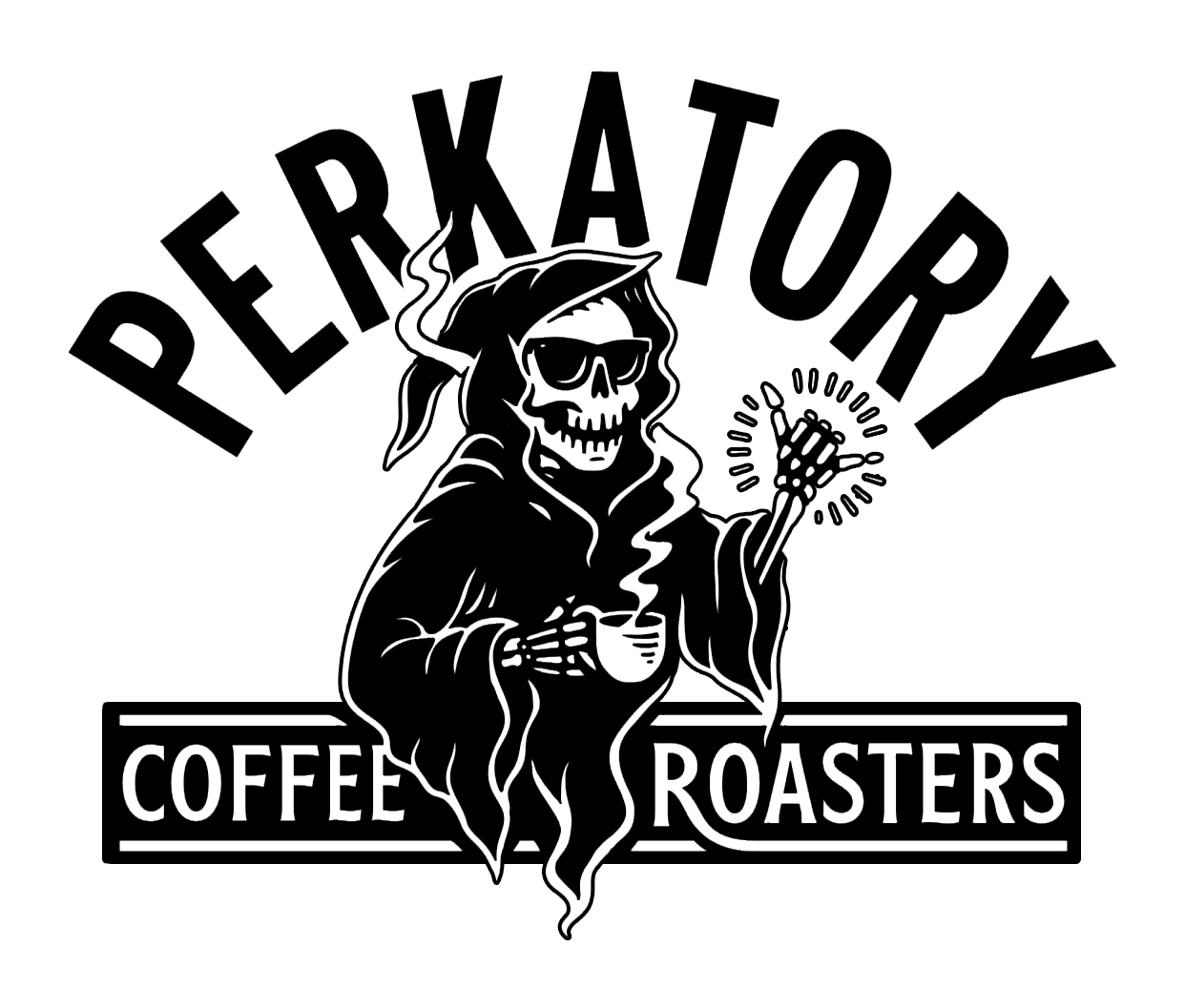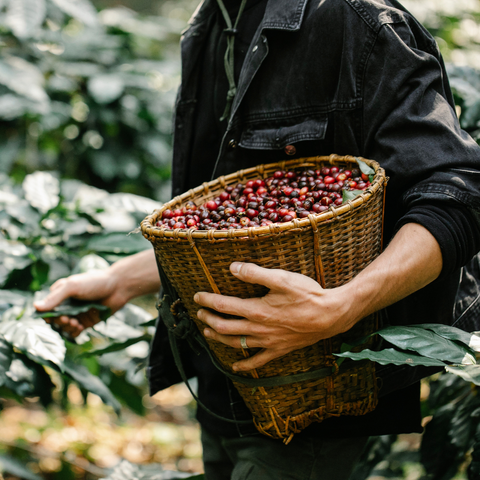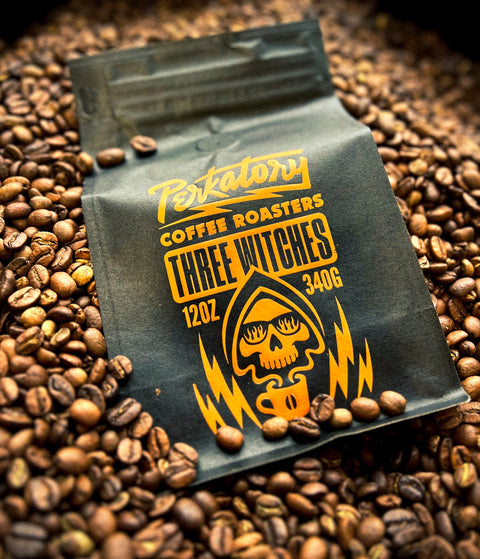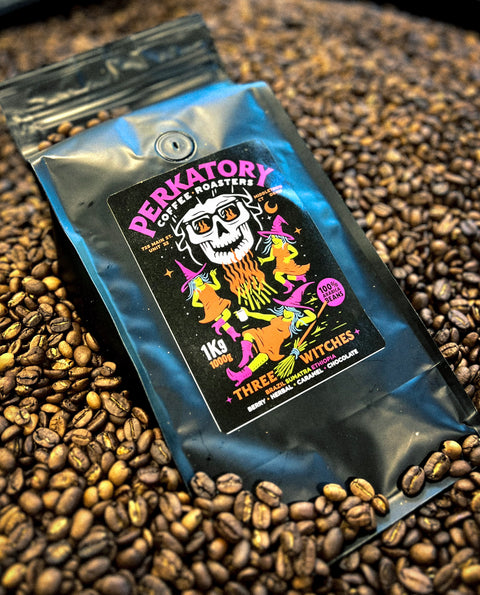Introduction
The practice of eating coffee beans, as opposed to brewing them into a drink, has sparked curiosity and debate among coffee enthusiasts. This guide explores whether eating coffee beans is safe, the potential health benefits, and how it differs from drinking coffee.
What Are Coffee Beans?
Coffee beans are the seeds found inside the coffee cherry, the fruit of the Coffea plant. Before roasting, these seeds are known as raw coffee beans, which are edible but offer a bitter, wood-like flavor that is quite different from their roasted counterparts. These seeds are typically roasted to develop their rich flavors and aromas, creating what we know as roasted coffee beans. The taste of roasted coffee beans can vary significantly, with light roasts offering bright and fruity flavor profiles, while dark roasts are rich with caramel sweetness, showcasing differences in acidity, earthiness, and personal preferences. Some people choose to consume these beans whole, either plain, roasted, or as part of chocolate-covered treats.
Nutritional Benefits of Eating Coffee Beans
Coffee beans are a powerhouse of nutrients, offering a range of benefits:
- Caffeine Boost: Coffee beans are a concentrated source of caffeine, providing a quick energy boost.
- Antioxidants: High levels of chlorogenic acids in coffee beans help reduce inflammation and may lower the risk of cardiovascular diseases.
- Metabolic Benefits: The active ingredients in coffee beans can stimulate hair growth, promote liver detoxification, and aid in digestion.
However, the nutritional impact can vary depending on the type of coffee bean—green arabica beans vs. dark roast beans—and their preparation.
Health Risks of Eating Coffee Beans
Despite their benefits, there are several risks associated with eating coffee beans:
- Caffeine Overdose: Eating undiluted roasted coffee beans can lead to consuming too much caffeine, causing symptoms like jitteriness, heart palpitations, and gastrointestinal distress.
- Digestive Issues: Consuming whole beans, especially in large quantities, can irritate the gastrointestinal tract, leading to stomach upset or a heartburning sensation.
- Allergic Reactions: Like other foods, coffee beans can cause allergic reactions in some individuals, manifesting as skin rashes, hives, or respiratory issues.
Safe Practices and Recommendations
To safely incorporate coffee beans into your diet, consider the following tips:
- Moderation: Be mindful of your caffeine intake. Limit consumption to avoid the negative effects of eating too many coffee beans.
- Choose the Right Type: Opt for dark chocolate-covered coffee beans for a treat, but be cautious of their caffeine, calorie, sugar, and fat content. Moderation is key to enjoying these treats without exceeding safe levels of consumption.
- Proper Preparation: Use a baking sheet lined with parchment paper to roast beans evenly at home, ensuring they are not too hard or bitter to eat.
Incorporating Coffee Beans into Your Diet
Coffee beans can be a versatile addition to your diet, and exploring ways to eat coffee beans, including eating roasted coffee beans, offers a flavorful journey for coffee enthusiasts:
- Direct Consumption: Snack on roasted coffee beans or chocolate-covered coffee beans as an occasional treat. Eating roasted coffee beans allows you to enjoy the different flavor profiles of light and dark roasts, with dark roast beans providing a less acidic and sweeter taste.
- With Meals: Sprinkle finely ground coffee or espresso powder over dishes for added flavor.
- In Baking: Add ground or whole coffee beans to baked goods for a unique flavor twist.
Comparing Eating and Drinking Coffee
Eating coffee beans provides a different experience and benefits compared to drinking brewed coffee:
- Intensity of Flavor: Eating coffee beans delivers a more intense flavor and immediate caffeine fix compared to drinking coffee.
- Health Impact: While both methods offer health benefits through antioxidants, the direct consumption of beans can result in quicker caffeine absorption and, potentially, more immediate effects on metabolism and energy levels.
Expert Opinions
Nutritionists and health experts recommend eating coffee beans in moderation due to their high caffeine content and potential digestive impacts. They suggest pairing coffee beans with other foods to mitigate any adverse effects and emphasize the importance of individual tolerance levels.
FAQs About Eating Coffee Beans
- How many coffee beans can I eat per day? Generally, up to 30-40 beans per day, depending on individual caffeine tolerance.
- Can eating coffee beans replace drinking coffee? While eating beans can provide a similar caffeine boost, the overall experience and nutritional benefits differ.
- Are there health risks associated with chocolate-covered coffee beans? Yes, particularly related to increased calorie and sugar intake, so moderation is key.
- How does the roasting process affect the safety of eating coffee beans? Roasting can reduce certain anti-nutritional factors and improve digestibility, but it also decreases some antioxidants like chlorogenic acid.
Conclusion
Eating coffee beans can be safe and beneficial if done correctly and in moderation. Whether you're looking for a quick caffeine fix or interested in the unique health benefits of coffee beans, understanding the best practices and potential risks is crucial. As with any dietary choice, individual reactions can vary, so it's important to pay attention to how your body responds to eating coffee beans.



